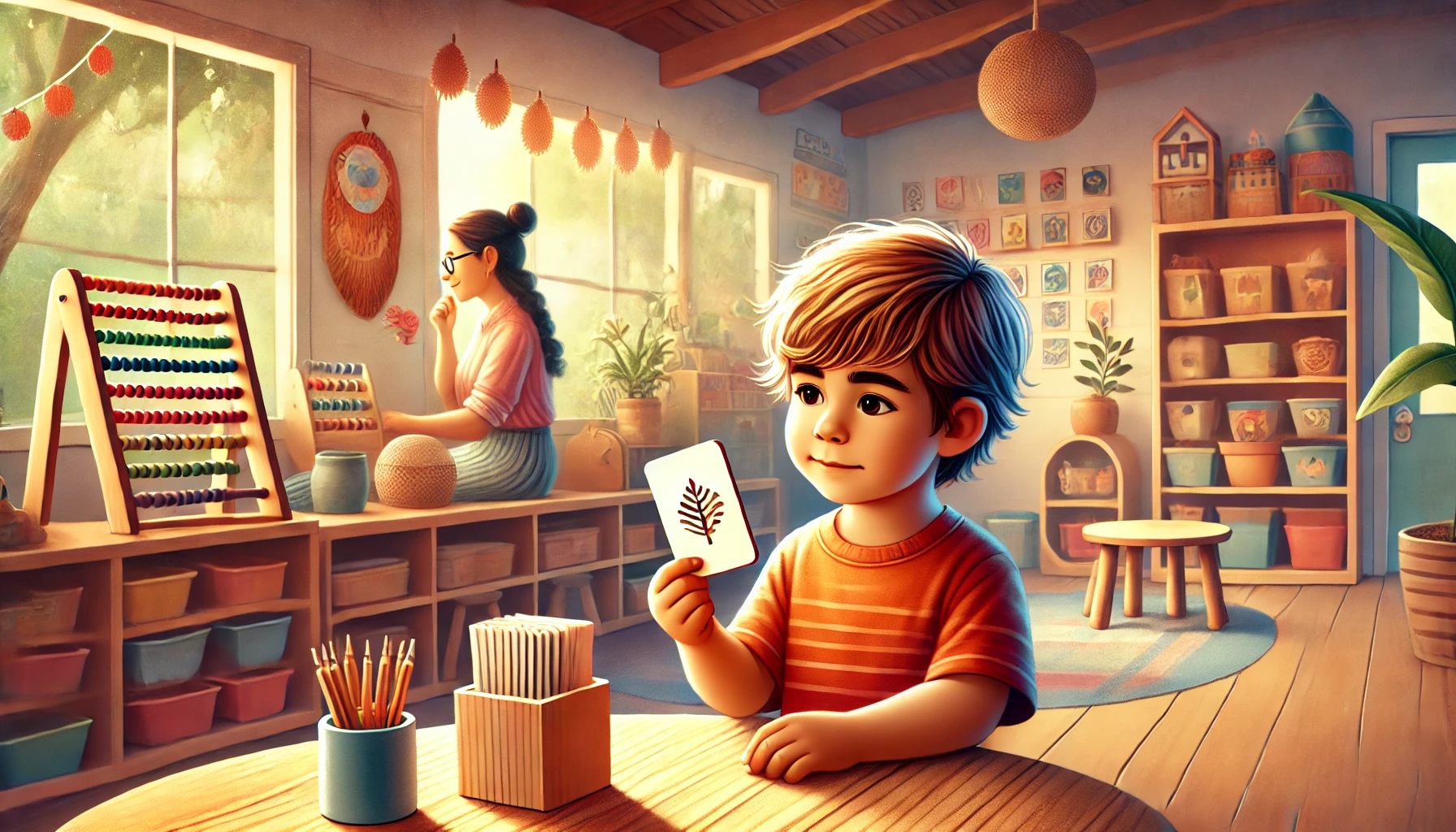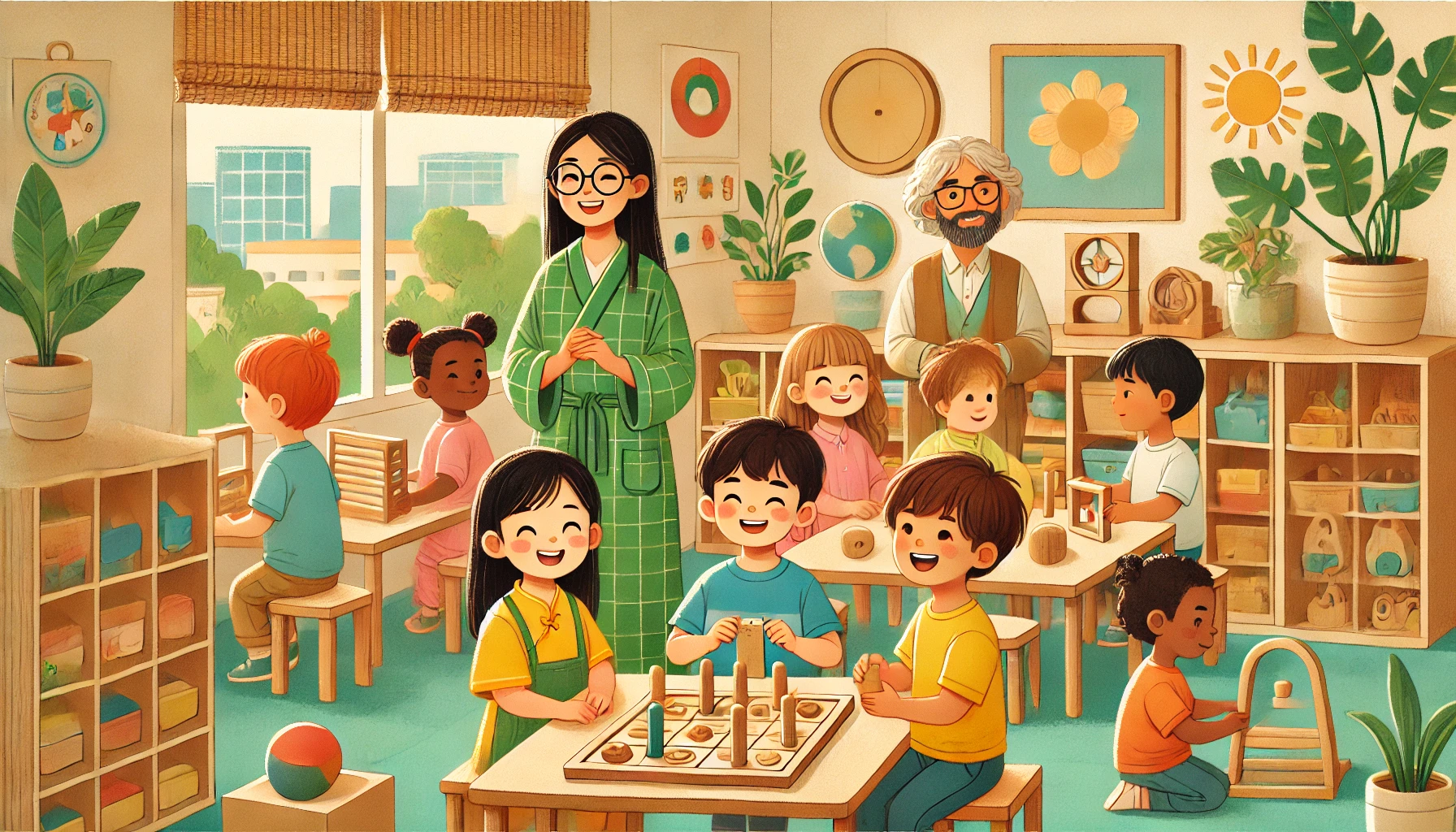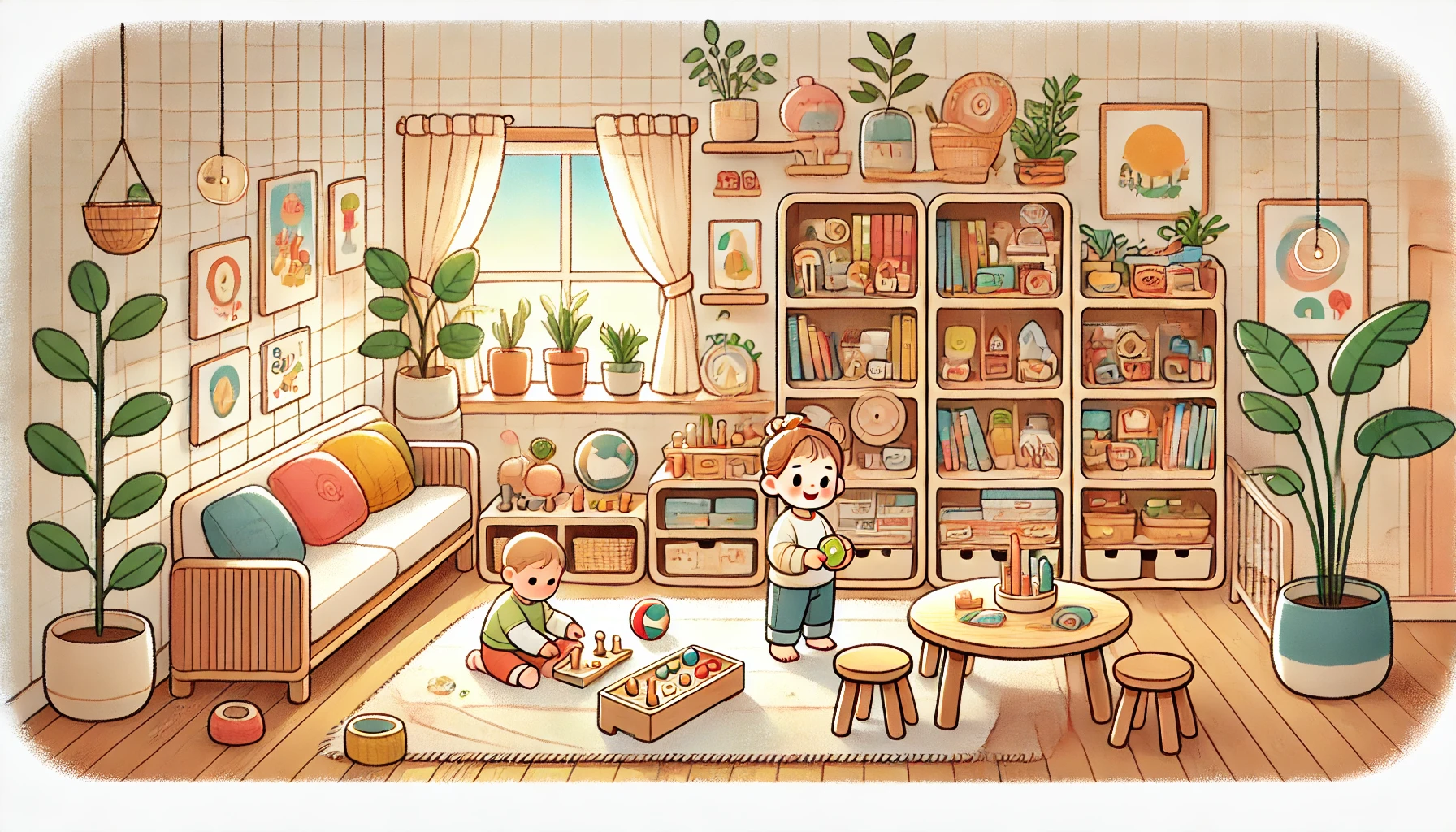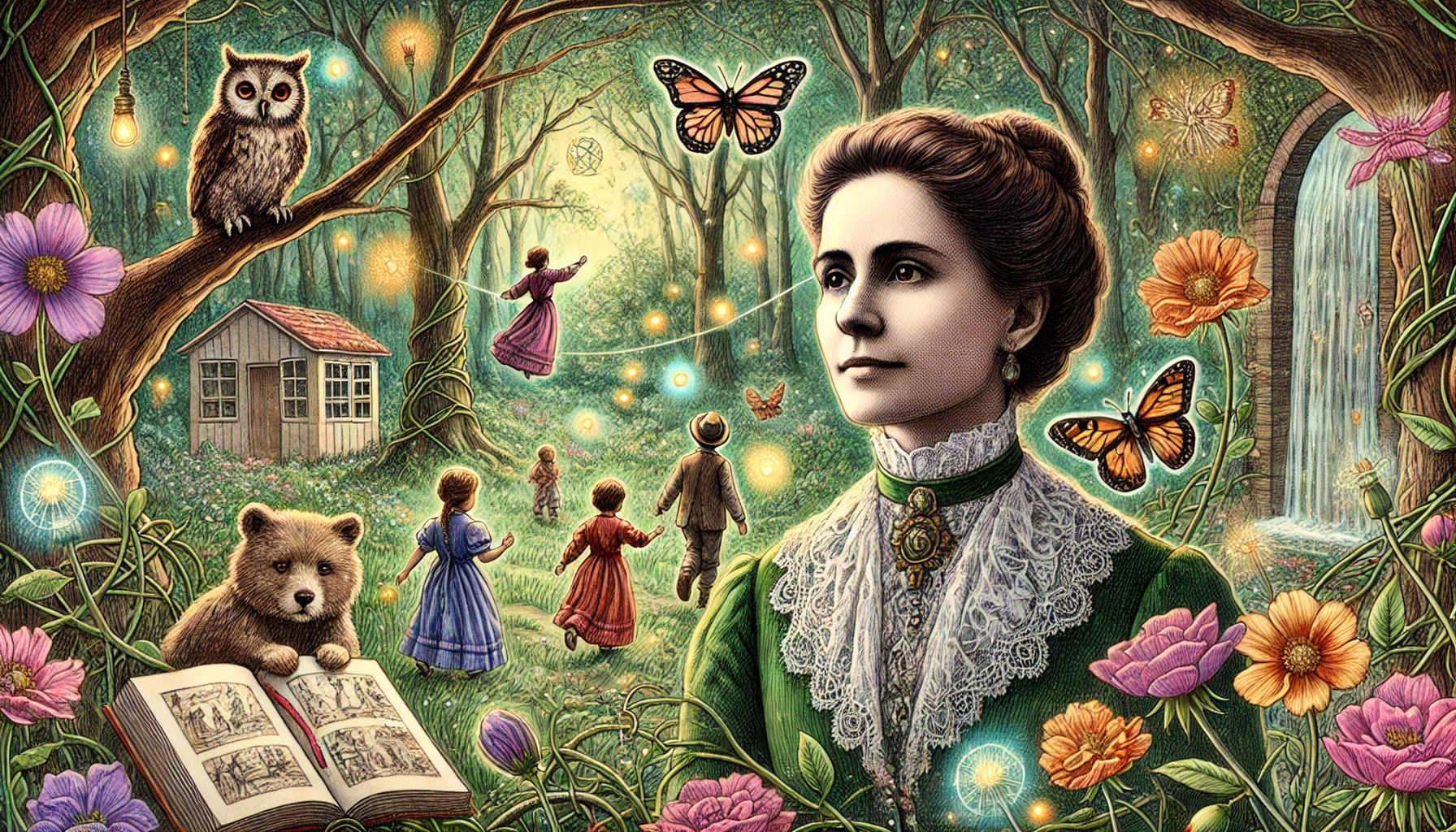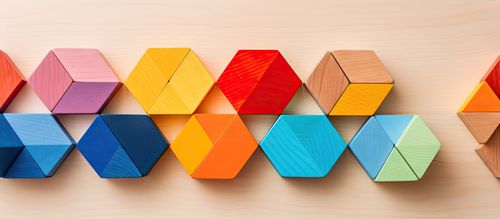
Why Montessori?
In today's rapidly changing world, there is an increasing focus on how children can best be prepared for the future. A growing number of parents and educators are turning to Montessori education for early childhood development because of its proven effectiveness in nurturing independent, confident, and creative learners. But what exactly makes Montessori such an impactful and innovative approach?
1. Child-Centered Learning
Montessori education revolves around the child. In a Montessori classroom, children are free to explore at their own pace, following their natural curiosity and interests. This is a stark contrast to traditional educational methods, where the curriculum is often rigid and teacher-directed. Montessori fosters a love for learning by allowing children to make choices, encouraging intrinsic motivation.
The materials used in Montessori classrooms are thoughtfully designed to be hands-on and engaging, fostering an environment where children can explore and learn through play. Whether it’s learning how to count with tangible materials like beads or developing fine motor skills through practical life activities, children absorb knowledge through experience, not just instruction.
2. Fostering Independence and Confidence
One of the hallmarks of Montessori is its emphasis on independence. From a very young age, children in Montessori classrooms are encouraged to take ownership of their learning and daily activities. Tasks such as pouring their own water, cleaning up after themselves, or choosing which activity to engage in next allow children to gain confidence in their abilities.
This empowerment is crucial for building self-esteem and autonomy. When children experience success in completing a task on their own, they begin to understand their capabilities, setting the stage for a lifetime of confidence and problem-solving skills.
3. Learning Through Multi-Sensory Exploration
Montessori education is designed with a multi-sensory approach, allowing children to use all of their senses in the learning process. For example, the iconic Montessori materials such as sandpaper letters and movable alphabets engage children’s sense of touch, sight, and even sound as they form early literacy and numeracy skills.
This method taps into different learning styles, ensuring that every child’s individual needs are met. Research shows that children learn best when they are actively engaged, making Montessori a particularly effective pedagogy for young minds that thrive on hands-on, interactive experiences.
4. Respecting Each Child’s Developmental Pace
In Montessori, children aren’t rushed or forced to meet rigid developmental milestones. The Montessori philosophy respects the fact that every child grows and learns at their own unique pace. In mixed-age classrooms, younger children are often inspired by observing older peers, while older children develop leadership skills and empathy as they mentor the younger ones.
This dynamic creates a nurturing and collaborative environment, where competition is replaced with encouragement, and learning becomes a natural part of life.
5. Preparing Children for the Future
As the world becomes more complex, skills like creativity, adaptability, problem-solving, and collaboration are becoming more essential. Montessori education helps children develop these skills from the earliest stages. By focusing on nurturing the whole child—emotionally, socially, cognitively, and physically—Montessori education sets children up to thrive not just academically, but as well-rounded individuals.
A Montessori classroom encourages curiosity and adaptability. It teaches children how to think, not what to think, preparing them for a future where innovation and creative problem-solving will be highly valued.
6. Building a Lifelong Love of Learning
Perhaps one of the most beautiful aspects of Montessori education is that it instills a lifelong love of learning. By allowing children to follow their interests and providing an environment where learning is joyful and exciting, Montessori education fosters a passion for discovery that lasts far beyond the early childhood years.
Children leave Montessori programs not only with academic readiness but with a sense of wonder and enthusiasm for learning that will serve them well throughout their educational journey and beyond.
Conclusion
Montessori’s approach to early childhood education is as revolutionary today as it was when it was first developed over 100 years ago. By focusing on the individual child, promoting independence, and creating a hands-on, sensory-rich learning environment, Montessori education nurtures the natural curiosity and joy of learning in every child.
As parents and educators seek ways to provide the best foundation for young learners, Montessori stands out as a proven, child-centered pedagogy that prepares children to thrive in all areas of life.
Join us at Language Garden Montessori to experience the magic of Montessori firsthand. From empowering independence to igniting a love of learning, we’re here to support your child’s growth every step of the way.
#languagegardenmagic #languagegardenmontessori


